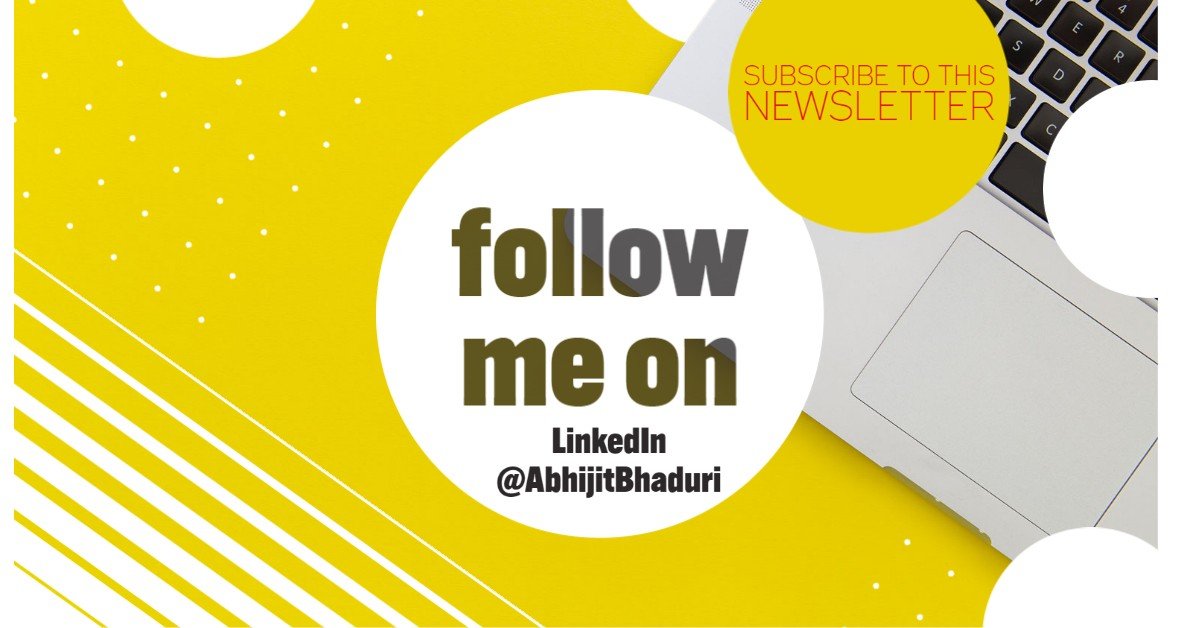Should you pursue a college degree if the employers don't need it?
Some employers (Google, Delta, IBM - to name a few) have already stopped asking for a college degree for some jobs. Is it worth investing time getting a degree if the employer does not care?
Let us look at the returns. If you have a bachelor's degree, you will earn $2.8 million over a lifetime. A person with a high school diploma makes $1.2 million over a lifetime, according to a report in 2021.
The $8.5 Trillion Talent Shortage
According to Korn Ferry, by 2030, there will be a global human talent shortage of more than 85 million people. In 2030 that talent shortage could result in about $8.5 trillion in unrealized annual revenues. In US there are 10 million job postings and 5.8 million unemployed. Tech is becoming central to every sector. A modern car now contains around 100 million lines of software code and is expected to have around 300 million lines of code by 2030. The lines of code compete with the software an aircraft needs.
Talent shortages will force changes in geopolitical equations. Countries with aging populations will have to rely on tech talent from countries like India where tech talent is abundant.
Talent is measured in terms of skills - not degrees
Learn, earn and retire is no longer the path that careers will follow. The world of work is moving far more rapidly, and educational institutes are much slower to change. The ROI of a degree is dropping - especially if one has to evaluate it in terms of employability. There are enough example of people earning a second source of income (and often the primary source too) that has been built by watching YouTube videos.
The cost of education is skyrocketing and leading many people to wonder if it is really worth it. During the pandemic when colleges offered classes on video, the teachers were unprepared, the students hated it and the parents wondered if a Massive Open Online Class could rightfully replace the college degree. The high cost of education has made the degree elitist. 43 million people in the US hold $1.6 TRILLION in student debt. No wonder that 67% of students at Harvard come from the top 20 percent of the income distribution.
Employment or employability: A degree does not guarantee a job - except for a handful students and that too from a handful of institutions. The cost of a degree in Humanities costs the same as a degree in Science or Engineering, but the salaries for Humanities graduates do not reflect that. Degrees no longer ensure either employment or employability.
Entry barrier: Even in professions which make it mandatory to get a degree eg doctor, pilot, lawyer etc, the degree is simply an entry ticket to the profession. You never checked the grade sheet of the dentist or the surgeon before handing over your fate to the person.
The creative fields never cared anyway: Some sectors have always relied on skills rather than degrees or pedigrees. Some of the legends of advertising or cinema have no degrees to flaunt. Several leaders of countries have been successful despite not having degrees.
Read this: Why degree inflation hurts everyone
A secret that freelancers have always known
There may not be jobs for all, but there will be work that needs the many skills each one has. The Skills Economy is truly what gig workers and freelancers operate in. The market only pays for skills and combination of skills. No one cares about the job you have held before. Every freelancer knows that. Every employee will tell you that they have skills that are not used by the job they do. A data scientist who is also a skilled communicator is more likely to thrive as an independent consultant than someone who only knows data crunching. The ability to sell and idea or share insights in a manner that prompts action is more powerful than just the ability to crunch numbers. In future people will move in and out of jobs and gig work seamlessly.
We will need people who have skills. A minority will probably hold jobs. The bulk of the workforce will be sharpening their skills to keep finding projects to work on. Project management will be a skill everyone will need. The ability to work with others - influencing them, communicating well, being emotionally intelligent, gritty and adaptive are some skills we will need to build regardless of the functional skills or domain knowledge we have.
Read: Work without Jobs
Thriving in the SKILLS ECONOMY
There will always be work, but there may not always be a job. That operating system is going away. Here are three ways in which to thrive in the skills economy.
Sharpen your ability to learn skills that you have not been formally taught
Deepen your ability to work with a diverse set of people
Leverage your skills to become part of new networks and ecosystems.
Several high paying jobs are doing away with degrees and relying on skills. As the CEO of a Fortune 500 company had said, "Jobs for cloud programmers, cybersecurity analysts, financial operations and many healthcare jobs can all begin without a four-year degree, and many applicants may choose to get more education later on."
Read more: Employers rethink the need for college degrees
People will only care about your skills - and not care about HOW you got the skill - through a college or as an apprentice or by teaching yourself by watching videos. That will truly be the world of equal opportunity.
Do share this newsletter with your readers. Thank you!
Leave a comment. Email me at abhijitbhaduri@live.com





